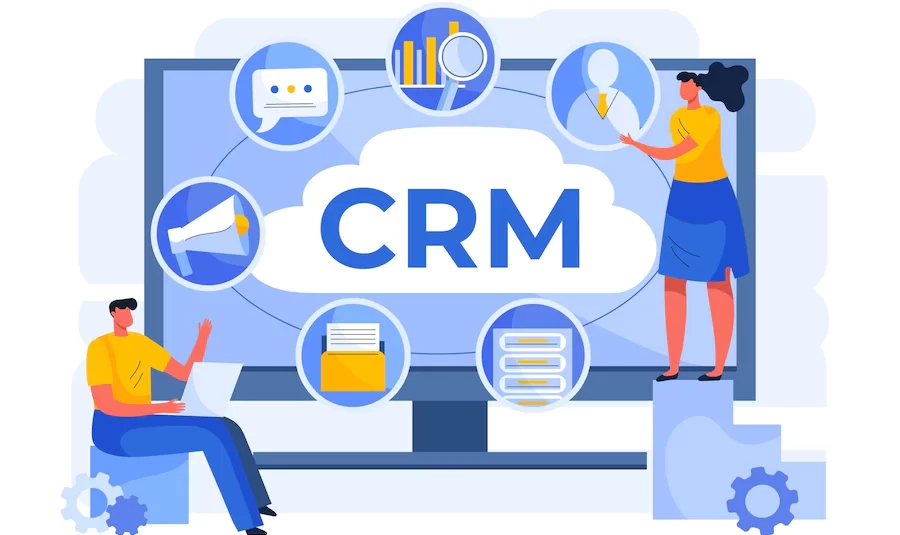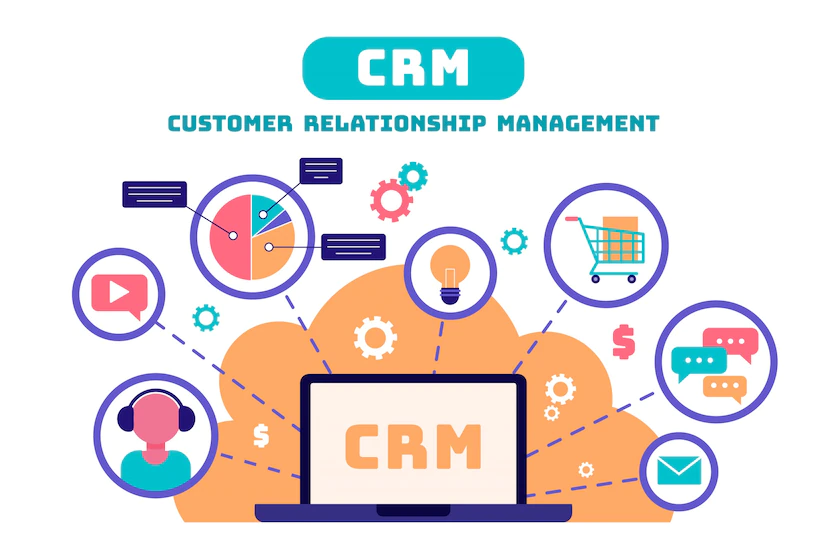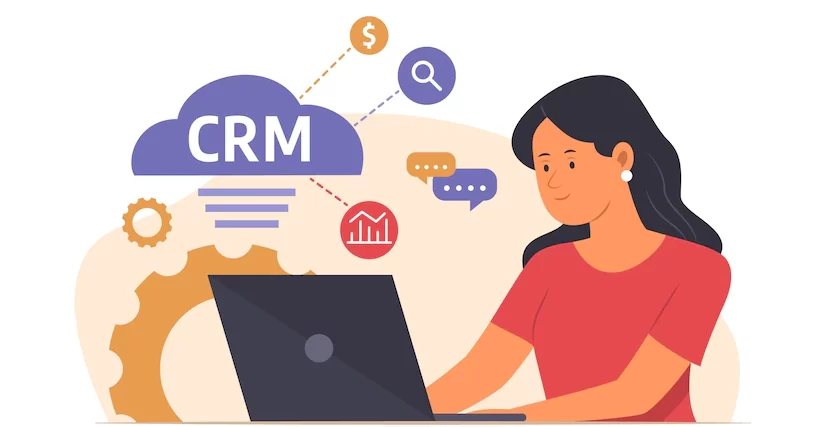How to choose a CRM system
Customer Relationship Management systems have become integral to the modern business landscape. These systems play a crucial role in a business’s success for several different reasons, not just customer service.
Hundreds of different CRM systems are on the market, and choosing the right one is incredibly difficult. It’s not always best to choose the one with the best reviews. Consider other factors when making this critical decision.
Choosing the right CRM for your business from the get-go is important because CRMs can be complex and intricate. Once a CRM is integrated with your business and fully set up, changing to a different system becomes incredibly difficult. There are tons of different processes involved in migrating your business to a different CRM, which can not only take a lot of time and effort but also cost an unreasonable amount of money.
Keep reading to find out how to choose the perfect CRM based on your business criteria.
Why You Can’t Just Choose the Best CRM on the Market
The first thing most business executives will do when looking for a CRM is a quick Google search. It’s always the best way to get an idea of what you’re looking for, from reviews to pricing, and even some handy YouTube videos, you’ll likely find whatever you’re looking for on the first page of Google.
However, Google doesn’t necessarily consider your personal needs and preferences. Every business is unique, which means that there is no single CRM that will work for everyone. It’s important to take a deep dive into each of your top choices and see which one “agrees” most with your business needs rather than simply going for the top choice on an SEO-optimised review page.
However, you can use this information to determine who the big players in the CRM market are and what features they offer. Below are some of the essential factors that you need to keep in mind when choosing a CRM — we’ll also go into more detail on how these differ from one CRM to another and why you need to be sure of your decision when committing to a CRM system for your business.
Determine your Budget
The first step is to determine your business budget for a CRM. In this category, most business executives will look at the monthly costs they need to pay to subscribe to the CRM service. But there are other costs to consider here, and you must be prepared to pay more than the monthly costs displayed.
Underneath the surface of CRM, there may be hidden costs. The one element always overlooked is the implementation process the CRM needs to go through. Most businesses can’t integrate and set up a CRM by themselves. Nearly 70% of CRM implementation projects fail when companies try to DIY the process.
You can’t take any shortcuts in this area, so you will need to invest some additional money during this initial phase. Some CRMs have even more hidden costs than just the implementation. CRMs such as Salesforce often require dedicated teams to maintain and run the system, which can add significant costs on top of your monthly fees. Some businesses pay as much as $6500 per month, but it’s widely regarded as the top CRM on the market.
Look Into Features
The main reason your business would adopt a CRM is the incredible features and benefits it would bring. However, not all CRMs are created equally, and each will have different features.
This is important to consider when choosing the right CRM system for your business. One CRM might specialise in one area, such as inbound marketing (HubSpot), whereas another CRM might be better suited for internal business teams to collaborate (Monday.com).
Every CRM has advantages and disadvantages; some even come with additional perks, such as helpful resources when onboarding new team members. The reality is that no single CRM does it all, and you will have to choose the CRM with the most appealing and relevant features to your business.
Consider Customer Support
If you’re choosing a CRM to integrate with your business systems, customer support is one of the most essential factors you must remember. Ironically enough, some CRM providers don’t offer excellent customer support to businesses that use their services.
Read thorough reviews on each CRM to see what customer service is like, especially in your local area. It would be best if you also scanned for some specialists in your surrounding area who may be able to assist you with the CRM (whether that’s with implementation or maintenance). LinkedIn is an excellent resource for this, and you’ll quickly be able to determine whether you’ll get good local support for the CRM of your choice.
International support is just as important, though, and you must remember that if the CRM provider has slow customer support, it will cause you headaches in the long run. Remember, if this system is set up correctly, it will become the foundation of your entire business, so if something goes wrong, you need to be able to fix it quickly and easily with reliable customer service.
Final Thoughts
CRM systems are becoming more and more popular in our modern businesses. If your business doesn’t have one of these cornerstone systems in place yet, you’re likely to fall behind your competitors who do have them. It’s important not to rush into choosing a CRM, though, as that is one of the most vital stages of the process. Once you have selected a CRM and integrated it with your business systems, it’s tough to migrate, so choose wisely!



















